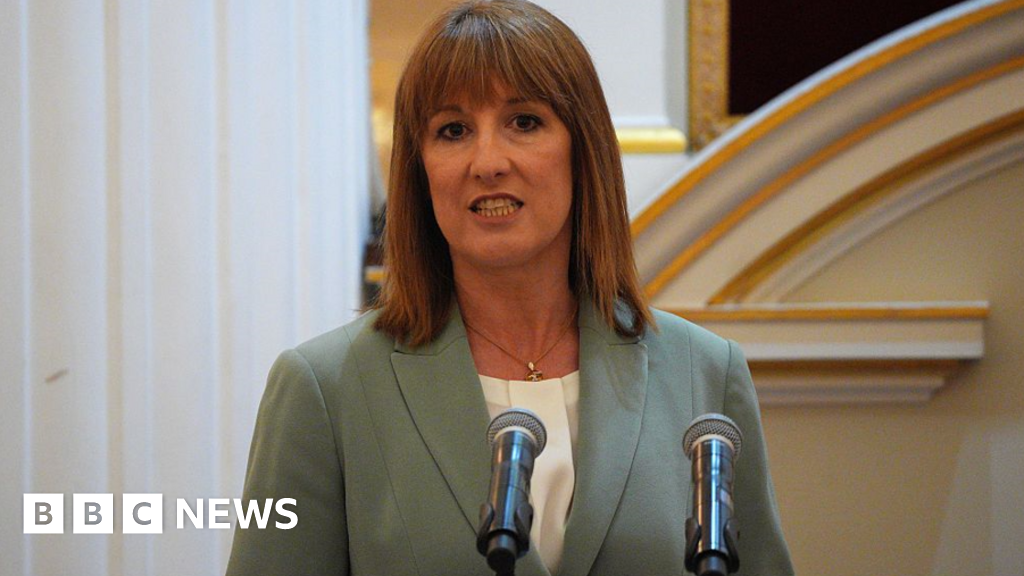Warning to savers missing out on £100s ahead of key Bank of England decision – it takes minutes to fix
A WARNING has been issued to savers missing out on hundreds of pounds ahead of a key Bank of England (BoE) decision this week.
People risk the cash blow because they’re leaving money in low-paying easy access accounts.
The latest data from Moneyfactscompare.co.uk reveals someone with £10,000 in savings could earn an extra £300 by switching to an account with a higher interest rate.
Adam French, from the comparison site, said savers were in danger of their hard-earned cash “languishing” by making the mistake.
“Simply switching a £10,000 savings pot away from a high street bank’s easy access account to a market-leading one-year fix can leave you £300 better off in 12 months’ time.
“Not a bad return for a few minutes’ work, if you aren’t going to need access to the money sooner.”
The warning comes ahead of the BoE’s Monetary Policy Committee (MPC) meeting on Thursday (August 7) where it will decide what to do with the base rate.
The base rate is charged to high street banks and other lenders and usually reflected in savings and mortgage rates.
Any fall is good news for mortgage holders who tend to see rates plummet, but it spells bad news for those with savings accounts.
The bank is widely expected to cut the base rate, which currently sits at 4.25%.
The MPC, made up of nine members, last met in June when it decided to keep interest rates unchanged.
Six members voted to keep rates at the existing level while three members voted for a cut to 4%.
The BoE uses the base rate to control inflation, with a hike designed to discourage spending and keep prices in check.
The current Consumer Price Index (CPI) measure of inflation is 3.6%, over the BoE’s 2% target.
However, the MPC is under pressure to lower interest rates to get the stagnating economy growing.
How to make your savings work harder
You can’t do anything to control what the BoE does with the base rate, but you can make your savings work harder.
One way to do this is by locking your savings into a fixed-term account.
These accounts pay out an interest rate for a set period of time, from anywhere between six months and five years.
Fixed-rate savings accounts generally offer better interest rates in exchange for you not being to withdraw any cash.
Just bear in mind you may have to pay a charge for any early withdrawals.
Second, it’s worth making the most of ISAs which allow you to save money without having to pay tax on any interest earned.
You can spread a total of £20,000 across various ISA types including Cash ISAs and Stocks and Shares ISAs.
And of course, shop around for the best deals so you’re not left with a low-paying savings account.
Comparison sites like moneyfactscompare.co.uk and moneysavingexpert.com can help you find the best account suited to you.
How you can find the best savings rates
If you are trying to find the best savings rate there are websites you can use that can show you the best rates available.
Doing some research on websites such as MoneyFacts and price comparison sites including Compare the Market and Go Compare will quickly show you what’s out there.
These websites let you tailor your searches to an account type that suits you.
There are three types of savings accounts fixed, easy access, and regular saver.
A fixed-rate savings account offers some of the highest interest rates but comes at the cost of being unable to withdraw your cash within the agreed term.
This means that your money is locked in, so even if interest rates increase you are unable to move your money and switch to a better account.
Some providers give the option to withdraw but it comes with a hefty fee.
An easy-access account does what it says on the tin and usually allow unlimited cash withdrawals.
These accounts do tend to come with lower returns but are a good option if you want the freedom to move your money without being charged a penalty fee.
Lastly is a regular saver account, these accounts generate decent returns but only on the basis that you pay a set amount in each month.

